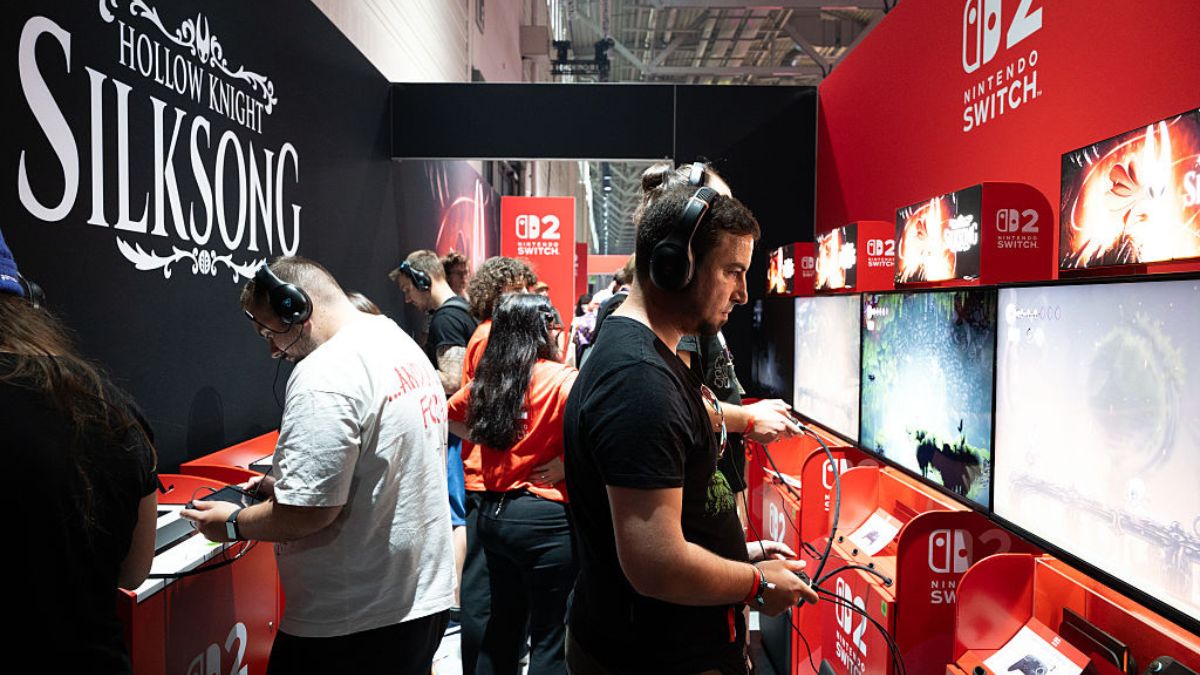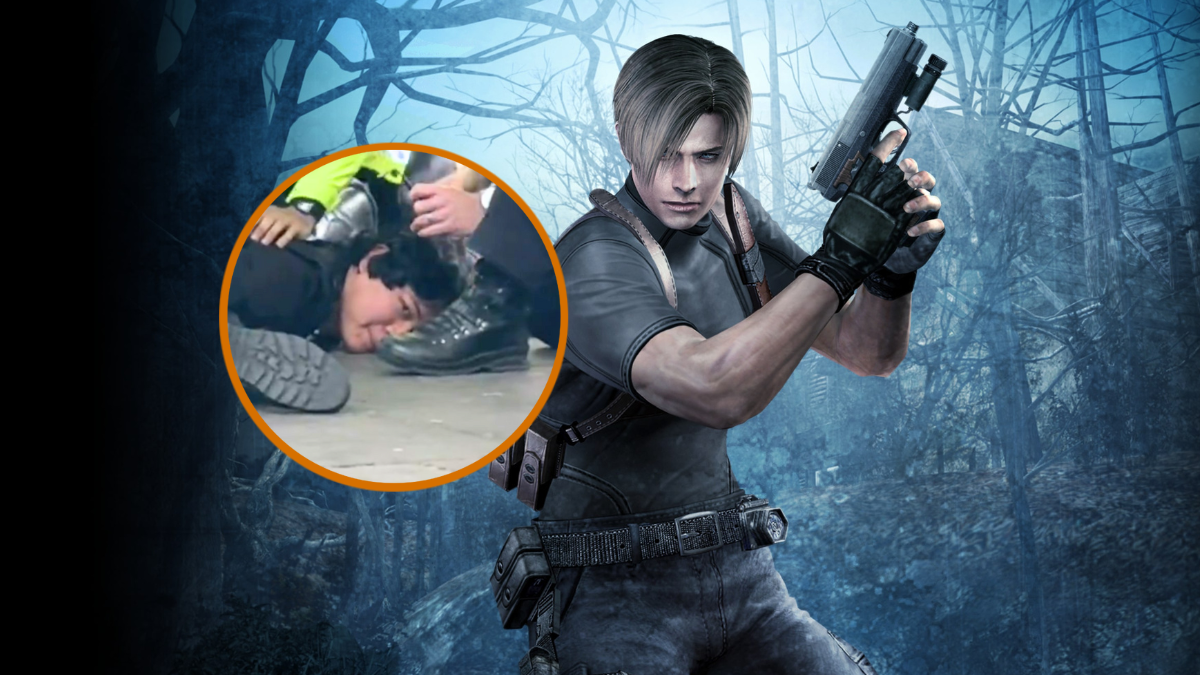
When Sony first entered the video game market, its PlayStation console bore mascots of the Crash Bandicoot and Lara Croft variety. However, while at least one of those properties is still alive and doing quite well, its busty heroine is not seen as one of the brand’s main attractions anymore. Part of the reason for this is her multi-platform status, while another piece of the puzzle pertains to her being a third party character. What’s also true is that she’s simply been replaced by a more daring male adventurer, who’s back with his fifth outing: Uncharted 4: A Thief’s End.
After a trying treasure hunting career that saw him search some of the globe’s most exotic locations for mythical items, Mr. Nathan Drake has hung up his belt and retired to a life of normalcy at the beginning of his latest game. Married to Elena – the pretty blonde who debuted alongside him in Uncharted: Drake’s Fortune – he’s taken up work in a Louisiana-based wreckage recovery company, and isn’t against getting his hands dirty for the cause. This job is playable on a day like that, where Nate finds himself diving for wrecked cargo at the bottom of one of America’s rivers, though it’s obviously not the crux of this campaign. After all, it’s not called Uncharted 4: Salvage Diver.
Truth be told, that isn’t even where this game begins. It actually starts with a look into the future, and does so with a bang, setting the table for an absolutely wild and epic ride. Things then go a ways back in time, to Nate’s days spent in a Catholic orphanage, before settling into present day, where Drake has put his adventuring behind him and settled down in his home country. It’s all development for a sweeping and large-scale story that will have you exclaiming things like, “Wow!,” Holy shit!” and “Did that actually happen?”
Nate isn’t alone in his quest, either, as he’s joined by familiar returnees, Sully and Elena, and his older brother, Sam. It’s the latter cast member who manages to talk our reluctant protagonist into resuming his quest for lost treasure, and while Nate eventually agrees to aid his sibling, it isn’t out of greed. While the search for a crafty and narcissistic pirate’s long lost gold is exciting in and of itself, it’s Sam’s life endangering predicament that really sells the quest.

What you don’t know is that Nate thought Sam was dead, and harboured those thoughts for about fifteen years. There’s a scene where the two part ways in a dangerous place, and everything points to the older brother ending up in a body bag. However, after a lengthy amount of time spent behind bars, the elder Drake returns to the States and tells his younger brother about the danger he’s in. Specifically, how he was able to escape prison with the help of a drug lord whom he had told all about the tale of Avery’s treasure. Of course, once they made it out of captivity at the expense of bullets and lives, talk quickly turned to how Sam would repay the favour with half of the treasure following its discovery.
Needless to say, A Thief’s End is a true Uncharted game, and with the power of the PlayStation 4, it ratchets things up to eleven. Draw distances are insane, the AI has been improved, and the set pieces are even bigger than before. One of the only downsides is that there’s not a lot of outside-of-the-box thinking, meaning that this is very much the Uncharted that many of us have grown to love over the years. Then again, if it’s not broken, don’t fix it, and this series certainly isn’t broken.
From start to finish, the campaign will take you upwards of fifteen hours to complete. Yes, you read that right. This is easily the longest game in the series, and by a sizeable amount. There are a lot of chapters to play through, and just about every one is meatier than almost all of those found in the previous four games. In fact, many feel like two or three chapters combined, in terms of their sheer size and length.
There’s a good amount of variety, too, especially early on, as the story moves around and does some time travelling before finding its groove. One chapter may task Nate with scuba diving in a surprisingly pretty river, while another will offer something completely different (like stealthy infiltration), before things return to the typical scaling and firefighting that this series is known for. There are cars to drive, boats to pilot, exotic locations to explore and tons of secrets to find.
Uncharted 4: A Thief’s End includes more than one hundred hidden treasures, as well as a good amount of optional conversations, journal entries (where Nate draws and makes note of interesting things he finds), and historical letters. The treasures, themselves, are also pretty well hidden, and despite being someone who has become accustomed to meticulously searching every environment for secrets, I managed to miss all of the treasure items in the first several chapters.
Finding all of the many unique treasure pieces will prove to be a difficult task, and is something that only those with a good amount of time on their hands will want to bother with. Not only are some very well hidden, but thanks to the power of the PlayStation 4, Uncharted 4 manages to offer the largest and most varied landscapes in the series. Although it’s to be expected, and not a downside at all, this means that the developers gave themselves more hiding spots to work with and managed to fit more treasure into the game than ever before. Those who hope to avoid missing a single gold, silver, bronze or clay piece will want to make sure to comb every inch of each environment, while keeping an eye out for hidden pathways and ledges.
Another reason why the treasure is more difficult to find is how some of the encounters and platforming sections are set-up. For starters, A Thief’s End includes several stealth sections, where players can either attempt to quietly sneak (or climb) by enemies, or risk alerting a large amount of the buggers by firing some shots. Tall grasses and flower patches are a big help here, because Nate can hide in them and sneak up on enemies, or simply bypass them altogether by moving slowly while crouched. Granted, avoiding all of the enemies in each scenario is easier said than done, especially on the harder difficulties. They can be plentiful, and the sheer size of the game’s environments (as well as their varied geometry, which allows for some good hiding spots) can make it hard to know exactly where each foe is at every time, unless you take things slowly, scout them out and tag them.
As mentioned, if all Hell breaks loose, you’re looking at a typical Uncharted gunfight. Cover is aplenty, and you’ll want to use it to your advantage, alongside the game’s copious amount of guns, which come in different varieties such as pistols, uzis, assault rifles, sniper rifles, shotguns and specials. The latter group is delineated by a golden paint job, and exists as a limited time use option. You’ll find these pieces of badassdom in hidden rooms and off to the side of engagements, and can use them to take out foes with few shots. Be careful, though, because simply holding one does not make you a badass, and these enemies are more than willing to flank you.
When you’re engaged in a gunfight, you will often have at least one ally by your side, and will almost always have a choice of how to engage in said battle. Do you face the enemies head on? Try to take a few out stealthily before alerting others? Be as stealthy as possible? Or, will you find a room to hide in and protect it at all costs? Each engagement has different options available, such as varied pathways and elevations. Your allies will also be there to help you out, and though they generally do a decent job, it’s up to Nate to kill most of his enemies.
I would be remiss if I didn’t mention the other option that Nate and Sam have up their sleeves this time around. It’s a life-saving grappling hook, which is used quite often during exploratory segments. It’s also something that can help during gunfights, as Nathan can swing away from danger and find a new hiding space or vantage point. That said, you’ll mostly find yourself using this rope tool during the more platforming oriented sections of the campaign, especially those that include lots of loose gravel, slanted slopes or slippery mud to slide on. Naughty Dog has fallen in love with sliding, you see, and has used it many times in its latest effort. It’s fun, though, and helps add some variety to the mix. On top of that, it makes for some more challenging environmental puzzles, which complement the game’s excellent, logic-based ones.
One of the best things about all of this is how lifelike most of it is. Not only are the game’s visuals absolutely gorgeous, and worthy of many a dropped jaw, but the characters’ banter is very believable. The writing in Uncharted 4: A Thief’s End is top notch, and it isn’t without its laughs. Nate, Sam and Sully will occasionally get into comedic disagreements, over things like splurging for a winch on a rental truck or what’s best for the group. I laughed out loud more than once, and that doesn’t happen often these days when I game.
The chapter with the winch argument especially stands out, as it’s a good example of how Naughty Dog didn’t skimp out on anything pertaining to this release. Although you’re driving a truck to a known destination, the landscape in front of you presents a bevy of challenges, including steep hills and a shitload of mud. How you get past them, or through them is worthy of celebration, because it’s smart game design that turns something we’ve done many times before into a unique challenge.
Honestly, the only real downside to Uncharted 4 piggybacks on one of its biggest selling points. That is, its length. Well, its pacing, to be specific. I don’t know if I’m alone in thinking this, but the game is perhaps a bit overlong. It drags at some points, and although there are magnificent set pieces (and Easter eggs) throughout its fifteen hour-long runtime, there’s also some noticeable repetition. These aren’t major issues though, nor should they come anywhere close to being deal breakers.

Uncharted 4: A Thief’s End truly is a gorgeous epic and its photorealistic environments offer great eye candy that non-gamers will be drawn to. It’s movie-like in appearance and presentation, and features great voice acting at the hands of Nolan North, Troy Baker (who plays Samuel) and the rest of the cast. Sam and Nate sometimes sound a bit too similar, but other than that it’s tough to complain. That’s especially true given how human and realistic the game’s main adversaries are.
Even the multiplayer looks really nice, although it’s not the sheer, gorgeous spectacle that the single player campaign is. It’s pretty fun, too, although I would be lying if I said that it hooked me during the time I put into it as part of a review session. I enjoyed the shooting, swinging and sliding, but was not very impressed with how the melee attack forces you to hold the L1 button each time. It also has a very small and forced area of effect, meaning that it can be rather easy to miss an opponent and end up dying, yourself.
The online portion of the game ran well, felt quite fluid, and seems to have quite a bit on offer. It only boasts four game modes right now, including team deathmatch, ranked team deathmatch, and variants of both control and capture the flag, but there’s surely more to come, and the customization suite is a hit. As such, fans of Uncharted 3‘s multiplayer should be happy.
Overall, Uncharted 4: A Thief’s End is tough to complain about. It’s a hefty package that offers a lot of bang for one’s buck, and exists as an absolutely stunning, balls to the wall epic, which no adventure gaming fan should miss. While its pacing isn’t perfect and things do ultimately get a bit repetitive, it’s got some incredible set pieces (including an epic convoy segment and a daunting encounter with a bridge) and is one Hell of a wicked ride.
This review is based on the PlayStation 4 version of the game, which we were provided with.


















Published: May 5, 2016 02:01 am